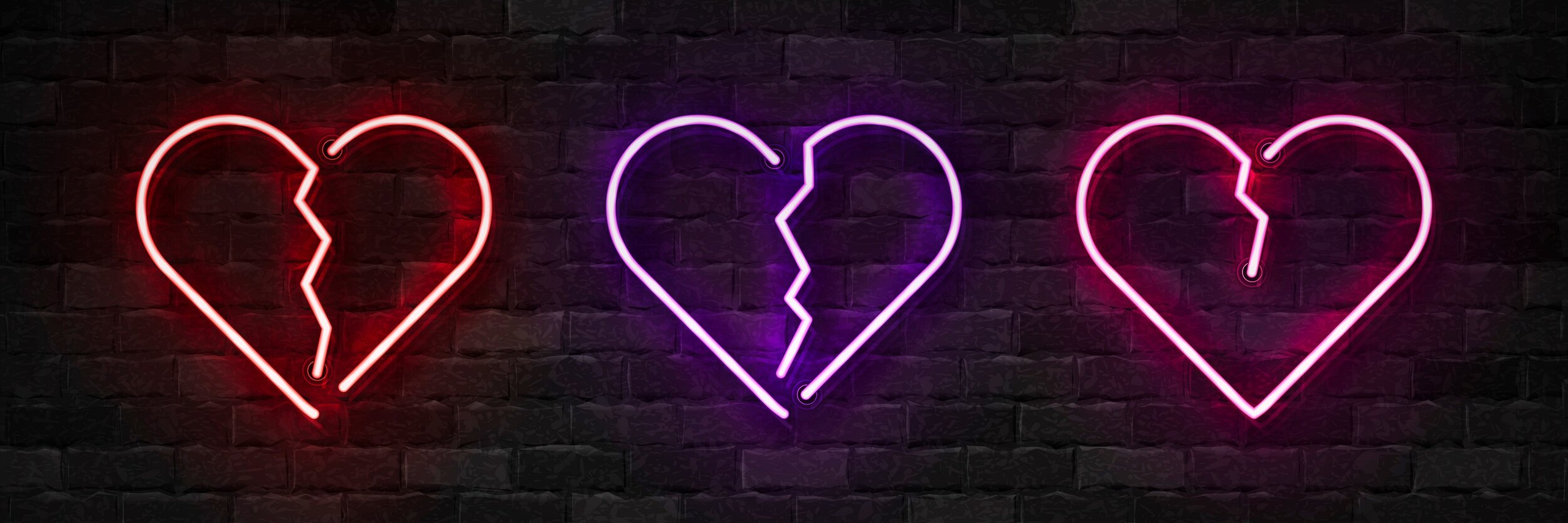To understand if a new treatment for an illness is really better than older treatments, doctors and researchers look to the best available evidence. Health professionals want a “last word” in evidence to settle questions about what the best modes of treatment are.
How your friends affect your health
Do we really have to wash fruit and vegetables?
There is a growing demand for fruit and vegetables across the Western world, thanks to increased awareness of their nutritional and health benefits. But we’ve always been taught they might not be safe to eat straight out of the supermarket, and they have to be washed first. Is this the case? And what might happen if we don’t?
If being too clean makes us sick, why isn’t getting dirty the solution?
Today rates of allergic, autoimmune and other inflammatory diseases are rising dramatically in Western societies. If that weren’t bad enough, we are beginning to understand that many psychiatric disorders, including depression, migraine headaches and anxiety disorders, are associated with inflammation. Perhaps the most startling observation is that our children are afflicted with the same inflammatory problems, contributing to the fact that over 40 percent of US children are on medications for some chronic condition.
What does it mean to think and could a machine ever do it?
What is the best exercise for losing weight?
Fat-burning fat exists, but might not be the key to weight loss
When you think about body fat, it’s probably white fat that comes to mind. That’s where our bodies store excess calories, and it’s the stuff you want to get rid of when you are trying to lose weight. But white fat isn’t the only kind of fat in the body – you also have brown fat and beige, or brite, fat, which can actually burn calories instead of storing them.
Dry January - is it worth giving up alcohol for a month?
The psychology of New Year’s resolutions
Research has shown that about half of all adults make New Year’s resolutions. However, fewer than 10% manage to keep them for more than a few months. As a professor of behavioural addiction I know how easy people can fall into bad habits and why on trying to give up those habits it is easy to relapse. Resolutions usually come in the form of lifestyle changes and changing behaviour that has become routine and habitual (even if they are not problematic) can be hard to do.
Should I throw away food once a fly has landed on it?
Explainer: can you be addicted to food?
Taking a hot bath after exercise improves performance in the heat
Explainer: why is it so hard to lose weight?
Why wine raises tricky problems for tackling excess drinking
Is it time to cut down? East Dunbartonshire, a local authority just north of Glasgow in Scotland, is launching a simple initiative to encourage people to drink less. One hundred licensed premises have agreed to ensure that they offer wine in small 125ml glasses alongside their medium (175ml) and large (250ml) measures, taking us back to the days when this quantity was the standard measure that was on sale.
Fact or fiction: can we die from a broken heart?
Dying of a broken heart is more than a myth. Takotsubo cardiomyopathy (also known as broken heart syndrome) is a condition first recognised by Japanese researchers more than 20 years ago, and it has gained a great deal of attention in Western countries in the past ten years.
Explainer: what are E numbers and should you avoid them in your diet
Explainer: is it really OK to eat food that’s fallen on the floor?
When you drop a piece of food on the floor, is it really OK to eat if you pick up within five seconds? This urban food myth contends that if food spends just a few seconds on the floor, dirt and germs won’t have much of a chance to contaminate it. Research in my lab has focused on how food and food contact surfaces become contaminated, and we’ve done some work on this particular piece of wisdom.
Is double-dipping a food safety problem or just a nasty habit?
What do you do when you are left with half a chip in your hand after dipping? Admit it, you’ve wondered whether it’s OK to double dip the chip. Maybe you’re the sort who dips their chip only once. Maybe you look around the room before loading your half-eaten chip with a bit more dip, hoping that no one will notice.
GI diets don’t work – gut bacteria and dark chocolate are a better bet for losing weight
The mainstays of most of the diet regimens of the last 30 years have been the GI (glycaemic index) rating score as well as its cousin the glycaemic load. Famous best-selling diet books such as the G-Plan Diet, the South Beach diet all used the index in some way and changed the way we thought about carbohydrates. Now a detailed new study published in Cell pays this score – and how we use it – some closer scrutiny.
Why sleep could be the key to tackling mental illness
We are only beginning to unravel the genetic and biochemical basis of mental illness – a vague term including conditions as diverse as anxiety, depression, and mood and psychotic disorders. With millions of people suffering from such conditions, it is crucial that we find ways to improve diagnosis and treatment. But an increasing body of scientific evidence is now suggesting that we should turn our attention to one of our most basic functions: sleep.











